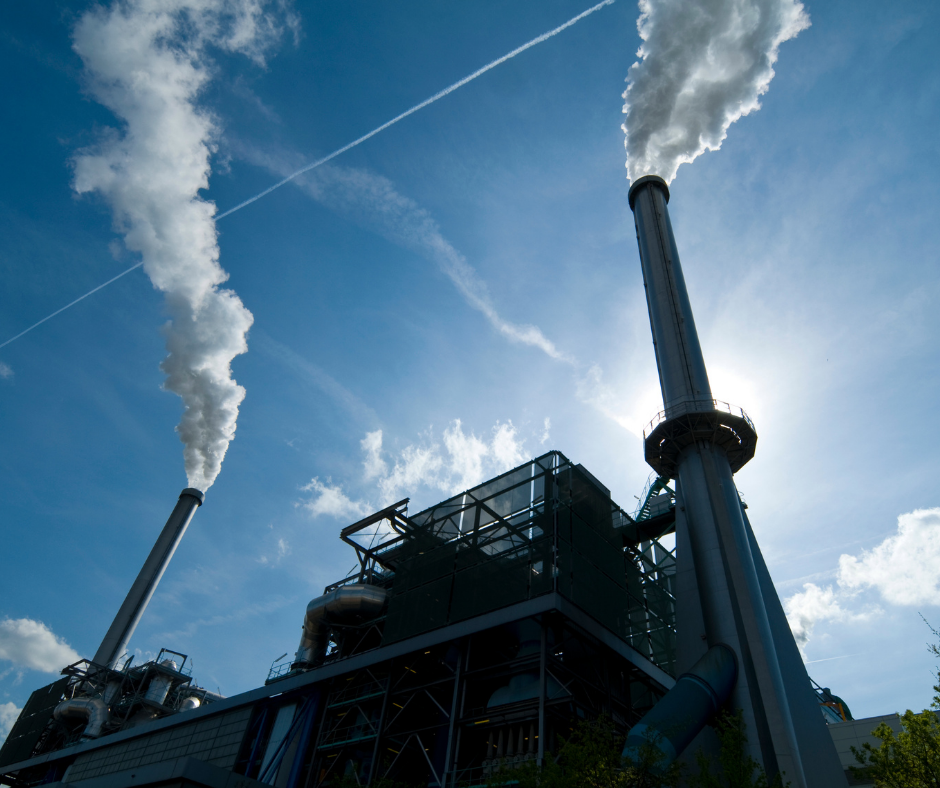In a historic move, world leaders from 175 nations recently agreed to begin working toward an international agreement to address the entire lifecycle of plastic and create rules around its production, use, and disposal. In response, Unilever—a major corporation contributing to the problem—tweeted: “Plastic pollution is fixable, but the world needs a plan.”
So, what is their “plan” to address plastic pollution?
To start, the chemical and consumer product industries are banking big on a set of technologies that they call “chemical recycling.” But, really, this is just a form of plastic incineration that has a massive toxic footprint. This is not a viable solution to the plastic crisis.
Yesterday, the Natural Resources Defense Council (NRDC) released a new analysis that highlights three key insights about these technologies that must be considered as we develop real solutions to the plastic crisis:
- Most of the so-called “chemical recycling” facilities are using a kind of plastic incineration to turn the waste into dirty fuel. Despite the picture that the industry is trying to paint, few existing facilities are taking plastic waste and turning it into new plastic.
- These facilities are producing high volumes of hazardous waste, especially benzene—a chemical known to cause cancer, birth defects, reproductive harm, and damage to the immune system. One facility reported disposing of almost 500,000 pounds of highly toxic waste in a single year.
- Low-income and communities of color are bearing the burden of hazardous waste and air pollutants. This is due to the fact that this is where most of the facilities are located and where the hazardous waste is shipped to for disposal.
Don’t be fooled by industry’s claims that so-called “chemical recycling” will solve our plastic problems. NRDC’s analysis, along with research from the Global Alliance for Incineration Alternatives (GAIA), Reuters, and others, show that these technologies are false solutions with a long history of failure that will only increase toxic burdens on communities.
Currently, so-called “chemical recycling” is primarily managed by states and localities as solid waste facilities. However, state legislatures are considering a flurry of bills that would reclassify these facilities as manufacturing which would roll back more stringent, though still inadequate, community protections. Safer States and our allies are fighting back and promoting real solutions to the plastic crisis, such as reducing our use of plastic and moving to non-toxic reuse.



